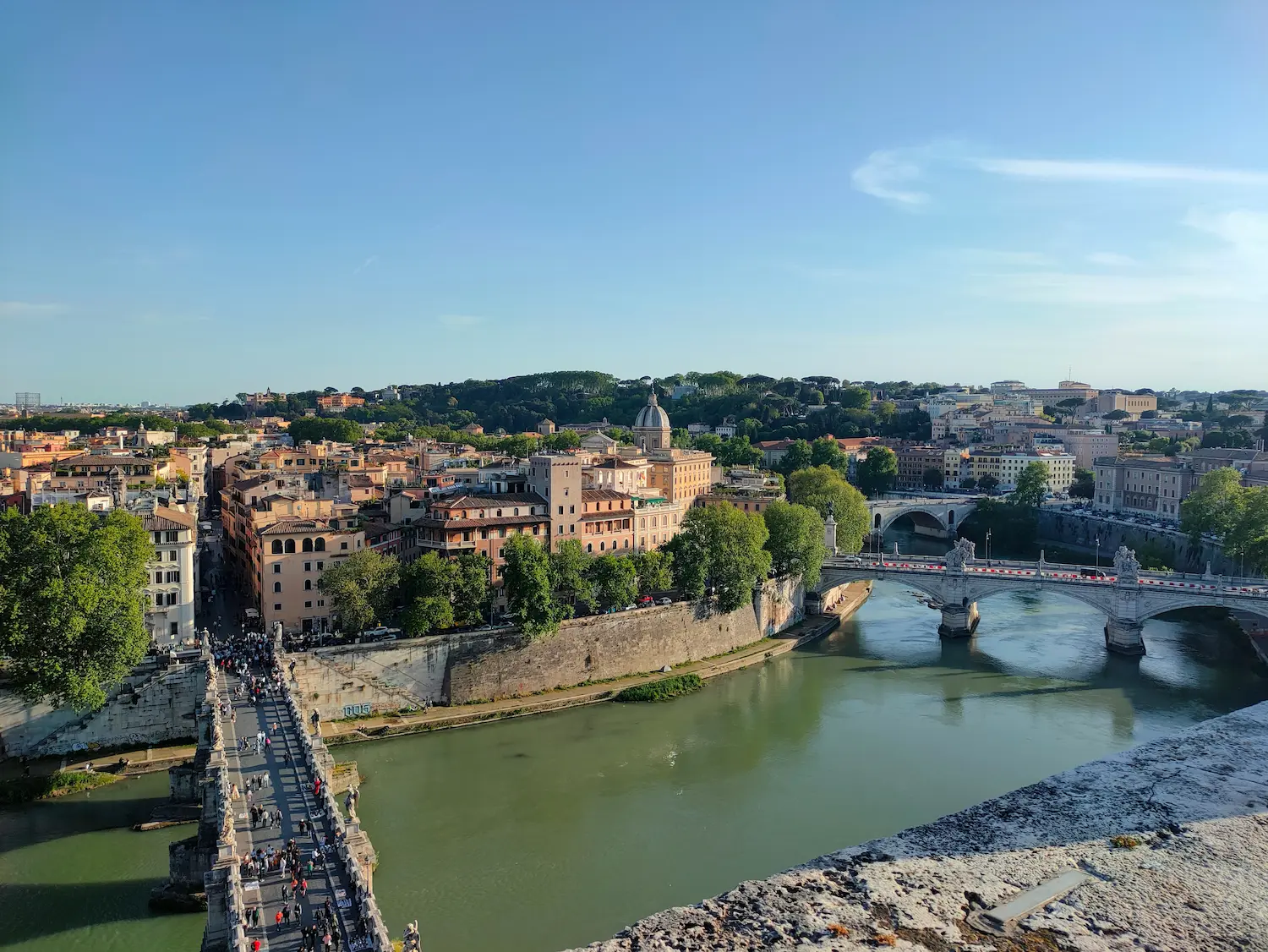Eligibility For Italian Citizenship: The Impact Of The New Great-Grandparent Law

Table of Contents
Understanding the New Law Regarding Great-Grandparents
Historically, Italian citizenship laws, based on the principle of jus sanguinis (right of blood), granted citizenship to individuals born to Italian citizens. However, the interpretation and application of these laws have evolved over time. The recent amendments significantly broaden the scope of eligibility. The key change is the extension of Italian citizenship rights to descendants of Italian great-grandparents, opening up the possibility for many more individuals to claim their heritage.
Jus sanguinis, in simple terms, means that citizenship is passed down through bloodline. Traditionally, this meant children and grandchildren of Italian citizens could automatically claim citizenship. The new law extends this right one generation further, including great-grandchildren.
The criteria for eligibility through great-grandparents are:
- The great-grandparent must have been an Italian citizen.
- An uninterrupted lineage must be proven through meticulous documentation. This means demonstrating a direct line of descent from the Italian great-grandparent to the applicant.
- Specific requirements for proving lineage include original birth certificates, marriage certificates, and potentially death certificates for each generation connecting the applicant to the Italian great-grandparent. These documents often require Apostilles for international recognition and may need certified translations.
- Changes in family names across generations need to be carefully documented and explained, as inconsistencies can complicate the process.
Required Documentation and the Application Process
Obtaining Italian citizenship requires meticulous record-keeping and thorough documentation. The process demands attention to detail, as even minor discrepancies can lead to delays or rejection. Essential documents include:
- Birth certificates (for each generation in the lineage)
- Marriage certificates (for each generation in the lineage)
- Death certificates (for deceased ancestors)
- Possibly baptismal certificates or other historical records
Remember that all documents, especially those originating outside Italy, will likely need Apostilles to validate their authenticity and may require certified translations into Italian.
The steps involved in applying for Italian citizenship are:
- Gathering all necessary documentation. This is often the most time-consuming step.
- Locating the relevant Italian Consulate or Embassy in your country of residence.
- Submitting a complete and accurate application, following all instructions precisely.
- Waiting for processing, which can vary in duration depending on the consulate's workload and the complexity of your case. Be prepared for potential delays.
Resources for finding and obtaining necessary documents include national archives, regional archives, family history societies, and potentially religious organizations (for baptismal records).
Challenges and Potential Difficulties in Obtaining Italian Citizenship
Despite the expanded eligibility, obtaining Italian citizenship can present several challenges:
- Gaps in documentation: Lost, damaged, or incomplete records are common obstacles. Immigration records may be scattered across different archives, requiring extensive research.
- Difficulties in tracing lineage: Tracing family history across generations, especially if records are incomplete or dispersed across different countries, can be complex and time-consuming.
- Language barriers: Navigating the Italian bureaucratic system can be difficult for non-Italian speakers.
- The Italian bureaucratic system: The Italian process is known for its complexity, and applicants must meet strict requirements and deadlines.
- Cost: Gathering necessary documents, obtaining translations and Apostilles, and potentially hiring professional assistance all come with associated costs.
The Role of Professional Assistance
Given the complexities involved, many applicants choose to seek professional assistance. An immigration lawyer or genealogist specializing in Italian citizenship offers invaluable support:
- Expertise in navigating the complex legal processes and requirements.
- Assistance in gathering and preparing all necessary documentation correctly.
- Representation in case of challenges, rejections, or appeals.
While professional assistance comes at a cost, the cost-benefit analysis often favors using a professional, particularly given the potential delays and complications that can arise from errors or omissions in the application process.
The Future of Italian Citizenship Laws
Predicting future changes to Italian citizenship laws is speculative, but several factors could influence future amendments:
- Potential tightening or loosening of eligibility criteria based on political and social factors.
- The impact of current trends in immigration and globalization on national identity and citizenship policies.
Conclusion:
The new law extending Italian citizenship eligibility to descendants of great-grandparents presents both opportunities and challenges. While securing Italian citizenship through this route requires thorough preparation, careful documentation, and potentially professional assistance, the reward of claiming your Italian heritage can be immensely fulfilling. Understanding the specific requirements and potential difficulties is crucial for a successful application. Don't delay – start exploring your eligibility for Italian citizenship today and begin gathering the necessary documents. Remember to seek professional assistance if needed to navigate the complexities of the process. Begin your journey to Italian citizenship now!

Featured Posts
-
 Amundi Msci World Ii Ucits Etf Usd Hedged Dist Nav Performance And Implications
May 24, 2025
Amundi Msci World Ii Ucits Etf Usd Hedged Dist Nav Performance And Implications
May 24, 2025 -
 Update Sheinelle Jones Absence From Today Colleagues Statements
May 24, 2025
Update Sheinelle Jones Absence From Today Colleagues Statements
May 24, 2025 -
 Avoid Memorial Day Travel Chaos Best And Worst Flight Days In 2025
May 24, 2025
Avoid Memorial Day Travel Chaos Best And Worst Flight Days In 2025
May 24, 2025 -
 Avrupa Borsalarinda Karisik Seyir Guenuen Oezeti
May 24, 2025
Avrupa Borsalarinda Karisik Seyir Guenuen Oezeti
May 24, 2025 -
 Complete Guide Nyt Mini Crossword Answers March 24 2025
May 24, 2025
Complete Guide Nyt Mini Crossword Answers March 24 2025
May 24, 2025
